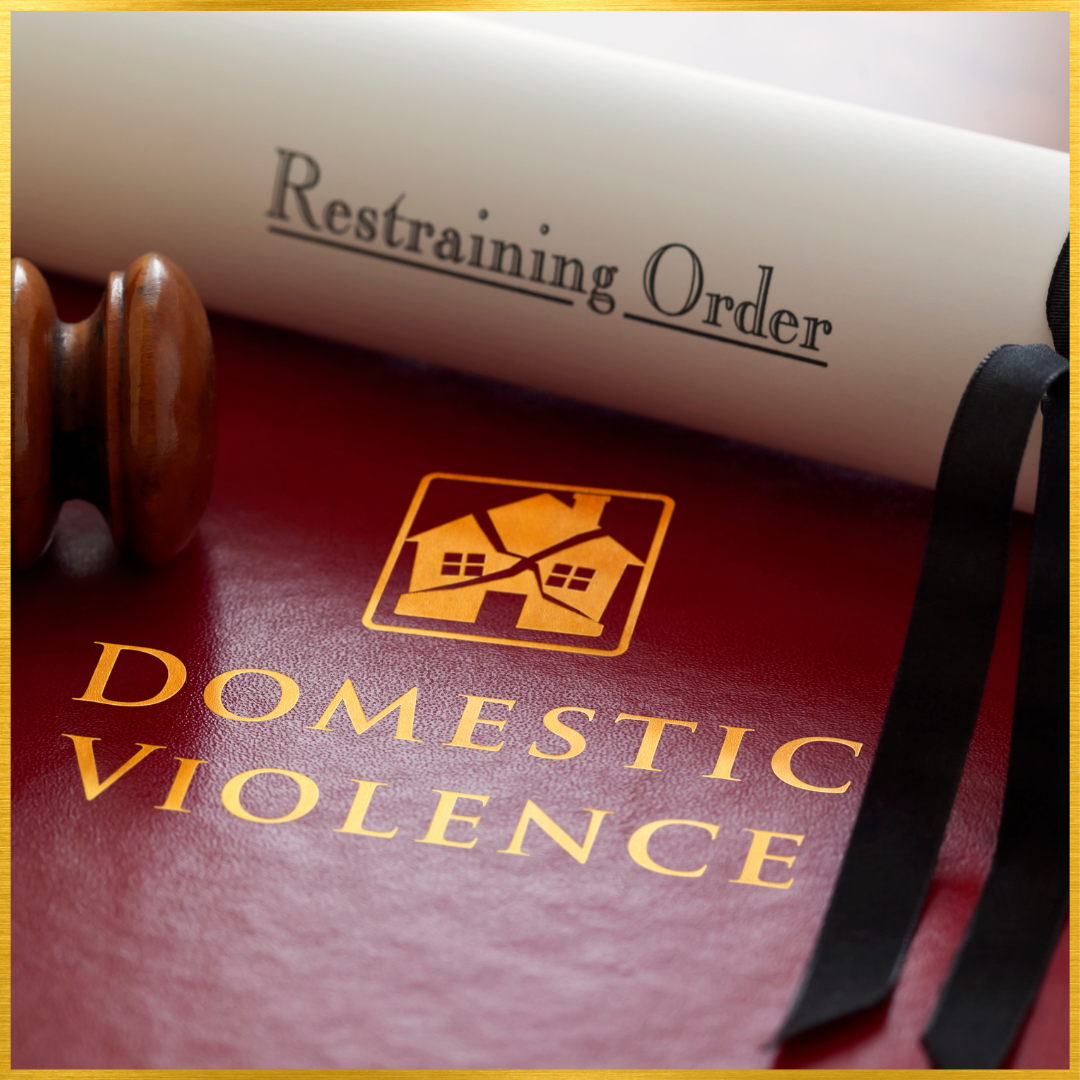Unfortunately, during divorce and child custody cases, involved parties can feel unsafe or even endure physical violence that may require a restraining order. This violence may include and is not limited to a committed felony, assault, battery, criminal damage to property, criminal trespass, stalking, and unlawful restraint.
Injunctions and restraining orders are legal orders issued by a court to prohibit or restrict specific actions or behaviors of an individual or party. They are typically used in situations where there is a threat of harm, harassment, or potential danger to another person or their property.
Injunctions:
-
- Definition: An injunction is a court order that requires a person or entity to refrain from engaging in certain actions or activities. It is a preventive measure aimed at preventing harm or injury before it occurs.
- Types: There are different types of injunctions, such as:
- Temporary Injunction: Issued on an emergency basis to provide immediate relief while a full hearing is scheduled.
- Preliminary Injunction: Granted after a hearing and remains in effect until the final resolution of the case.
- Permanent Injunction: Issued after a trial or settlement, and it remains in effect indefinitely or until further court order.
- Purpose: Injunctions are commonly used in various legal contexts, including family law (e.g., to prevent domestic violence or stalking), labor disputes, intellectual property disputes, and business disputes, among others.
Restraining Orders:
-
-
- Definition: A restraining order is a specific type of injunction that is often used in cases of harassment, domestic violence, or situations involving a threat of harm. It is meant to protect a person from unwanted contact or proximity to the person causing the harm.
- Types: Similar to injunctions, restraining orders may also be temporary or permanent, depending on the circumstances of the case and the court’s ruling.
- Protection: Restraining orders offer a layer of protection and peace of mind to the person seeking protection by establishing legal boundaries that the restrained party must adhere to.
- Violation: Violating a restraining order is a serious offense and can result in penalties, such as fines, arrest, or imprisonment, depending on the jurisdiction and the severity of the violation.
-

